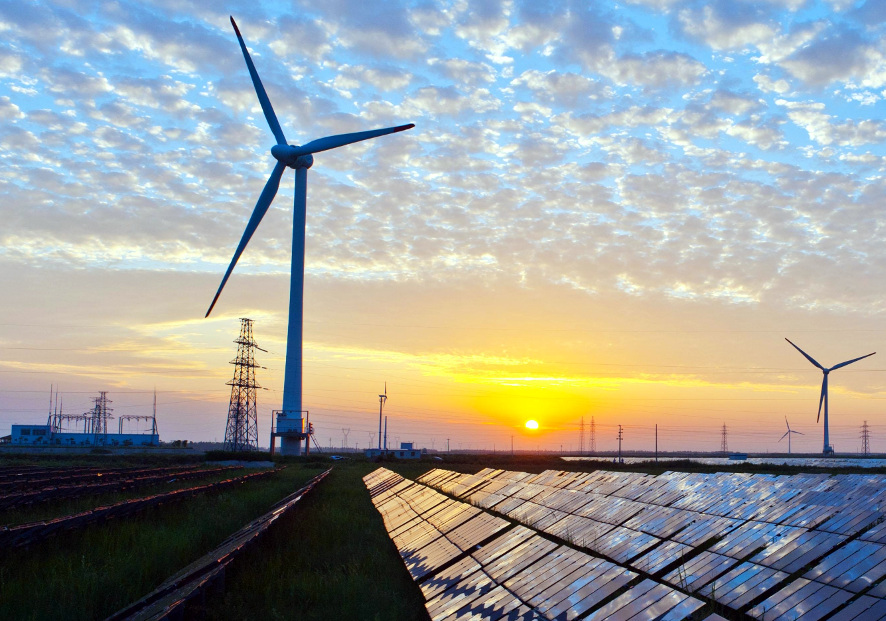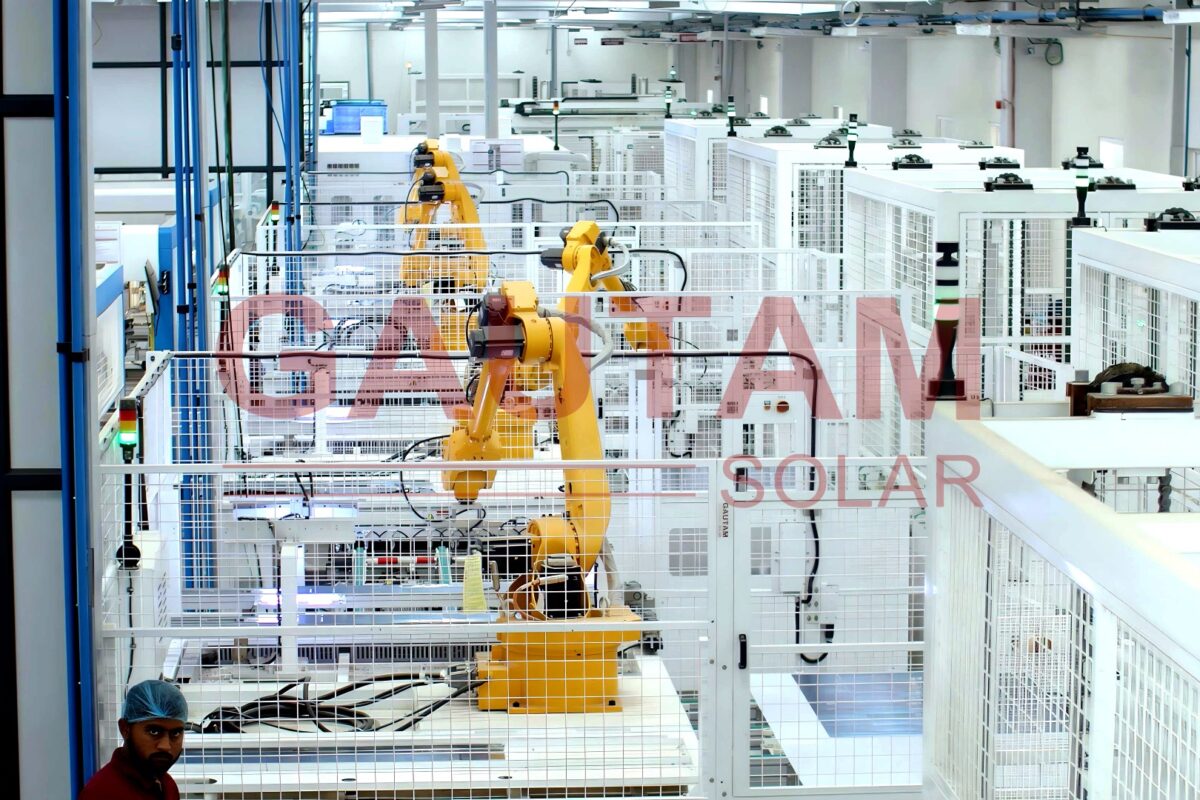India’s Ministry of New and Renewable Energy has put the call for proposals to ‘one sun, one world, one grid’ (OSOWOG) programme on hold till further notice.
“The new dates of issuing the corrigendum and bid submission deadline will be informed in due course,” the ministry notified today.
Consulting proposals for the ambitious globally interconnected power grid were invited in May this year.
Through the OSOWOG initiative, India plans to build a global ecosystem of interconnected renewable energy resources that are seamlessly shared for mutual benefits and global sustainability.
“The vision behind the OSOWOG mantra is “The Sun Never Sets” and is a constant at some geographical location, globally, at any given point of time,” the RFP said.
“With India at the fulcrum, the solar spectrum can easily be divided into two broad zones, viz, far East, which would include countries like Myanmar, Vietnam, Thailand, Lao, Cambodia, etc, and far West, which would cover the Middle East and the Africa Region,” it added.
The project consultancy scope includes developing a long-term vision, implementation plan, roadmap, and institutional framework for implementing the OSOWOG plan.
This content is protected by copyright and may not be reused. If you want to cooperate with us and would like to reuse some of our content, please contact: editors@pv-magazine.com.









By submitting this form you agree to pv magazine using your data for the purposes of publishing your comment.
Your personal data will only be disclosed or otherwise transmitted to third parties for the purposes of spam filtering or if this is necessary for technical maintenance of the website. Any other transfer to third parties will not take place unless this is justified on the basis of applicable data protection regulations or if pv magazine is legally obliged to do so.
You may revoke this consent at any time with effect for the future, in which case your personal data will be deleted immediately. Otherwise, your data will be deleted if pv magazine has processed your request or the purpose of data storage is fulfilled.
Further information on data privacy can be found in our Data Protection Policy.